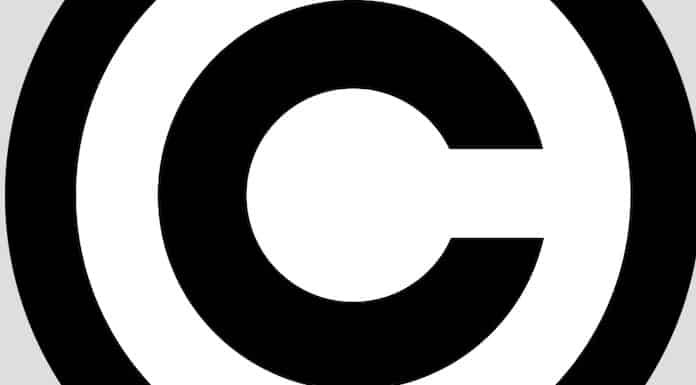Why Register The Copyright To Your Song or Beat
By Daniel Cruz Hernandez and Adam Freedman

The value of music has steadily been increasing over the last decade. However, registering the Copyright to a song or beat is one of the most underappreciated ways of protecting an artist’s or producer’s assets. Of course, the logic makes sense, but it seems that far fewer people understand WHAT EXACTLY registering the Copyright to your music ACTUALLY does for you.
What is a Copyright?
A Copyright is technically the exclusive legal right, given to an originator or an assignee to print, publish, perform, film, or record literary, artistic, or musical material, and to authorize others to do the same. Copyright protection (for works created after 1978) lasts for the life of the owners plus 70 years. It can be passed down to one’s heirs who can continue to monetize the underlying works and file lawsuits for any infringements.
Many people don’t realize that Copyright law provides that a work of “original authorship” (including a song, beat, lyrics, etc.) is officially copyrighted as soon as it is “fixed in a tangible medium of expression.” What this means in plain English is that, once you actually create the work (e.g. by writing down the lyrics or recording a song), you technically own the Copyright to that work, and can therefore take action to enforce those rights, just in case anything should happen.
Although one is entitled to Copyright protection as soon as an original work is created, there are benefits to registering your intellectual property with the United States Copyright Office.
- You Are Entitled to Statutory Damages (More Money) If Someone Infringes on Your Copyright
Perhaps the most important reason to register the Copyright to your song or beat is that you can sue an infringer for STATUTORY DAMAGES. Otherwise, you can only recover the actual damages you may have endured from an infringement (such as revenue lost from consumers listening to the infringing work rather than yours).
Unfortunately, unless a song is a smash hit, actual damages will most likely be very low. Statutory damages provide that a court assigns damages instead of actual damages somewhere between $750 and $30,000 based on what they determine to be fair. 17 U.S. Code § 504. However, the federal court will only allow statutory damages if the work is first registered with the U.S. Copyright Office. If the court finds the infringer knew or had good reason to know, that they were infringing on your Copyright, then the court can even provide additional statutory damages up to $150,000 for any willful and intentional infringements.
After you realize an infringement has taken place, the Copyright Office does allow you to register the copyright and recover statutory damages, but you might have to pay the Copyright Office a fee of around $800 to push your application to the front of the line. However, if the infringement occurs before you register the song’s Copyright, and after three months since the first publication of the song, then you will still not be able to recover statutory damages.
2. Registration Provides a Legal Presumption of Ownership and Puts the Public on Notice that You Own the Work
If you are a beatmaker and upload your beats online, registering will be a huge value add to your career in this era of beat stealing and reselling. For example, in a Copyright infringement lawsuit, if there was an issue as to who created a song or beat first, the date of one’s Copyright registration, if any, will most likely answer that question. Having a Copyright registration will also most likely be persuasive in a situation where multiple parties are claiming that they wrote a song.
Additionally, if someone wants to license your work or record a cover song, having your Copyright registered, with proper contact info, will make it easier for people to find you to send you relevant documentation/payments.
You may or may not have heard of what some people call the “poor man’s copyright.” The poor man’s Copyright is when a songwriter mails themselves a CD or other tangible version of the work to establish proof that their song was created on or before a certain date. Although this may establish some evidence for when your copyright was created, it is not always accepted by the court as evidence that you are the owner at all. When you register, the date on the Copyright website will be considered definitive evidence of the date of creation and will be the strongest form of evidence that the work is actually yours’.
How do I register?
The proper and most cost-effective method for registering your works can vary depending on the situation (such as how much money is at stake and what your resources are). Consider consulting with an attorney on how to register the Copyright to your works so you can ensure your rights are fully protected
If you need assistance with registering the Copyright to your work, do not hesitate to contact us at the Law Office of Adam C. Freedman, PLLC to learn more about how we can help.

